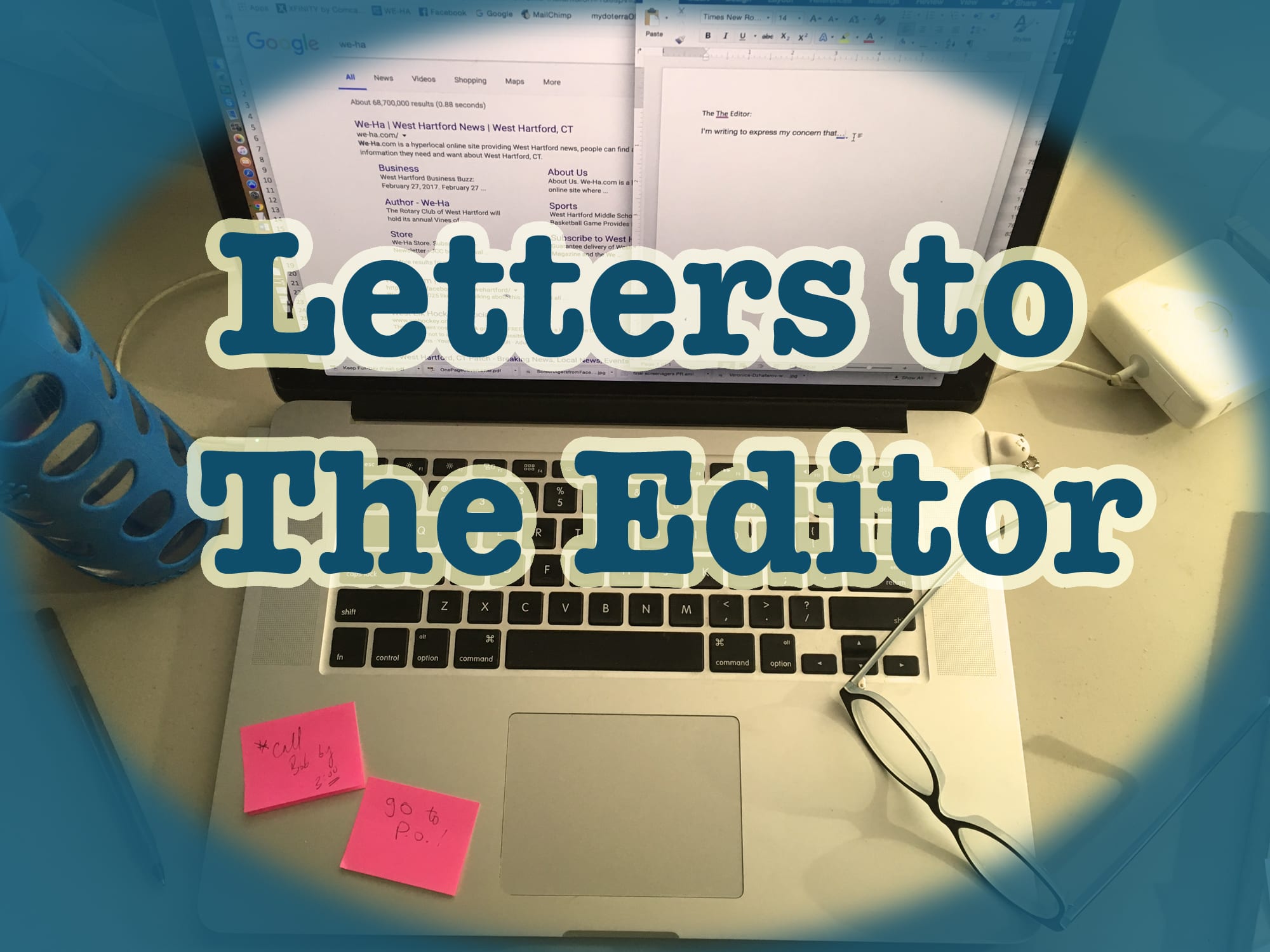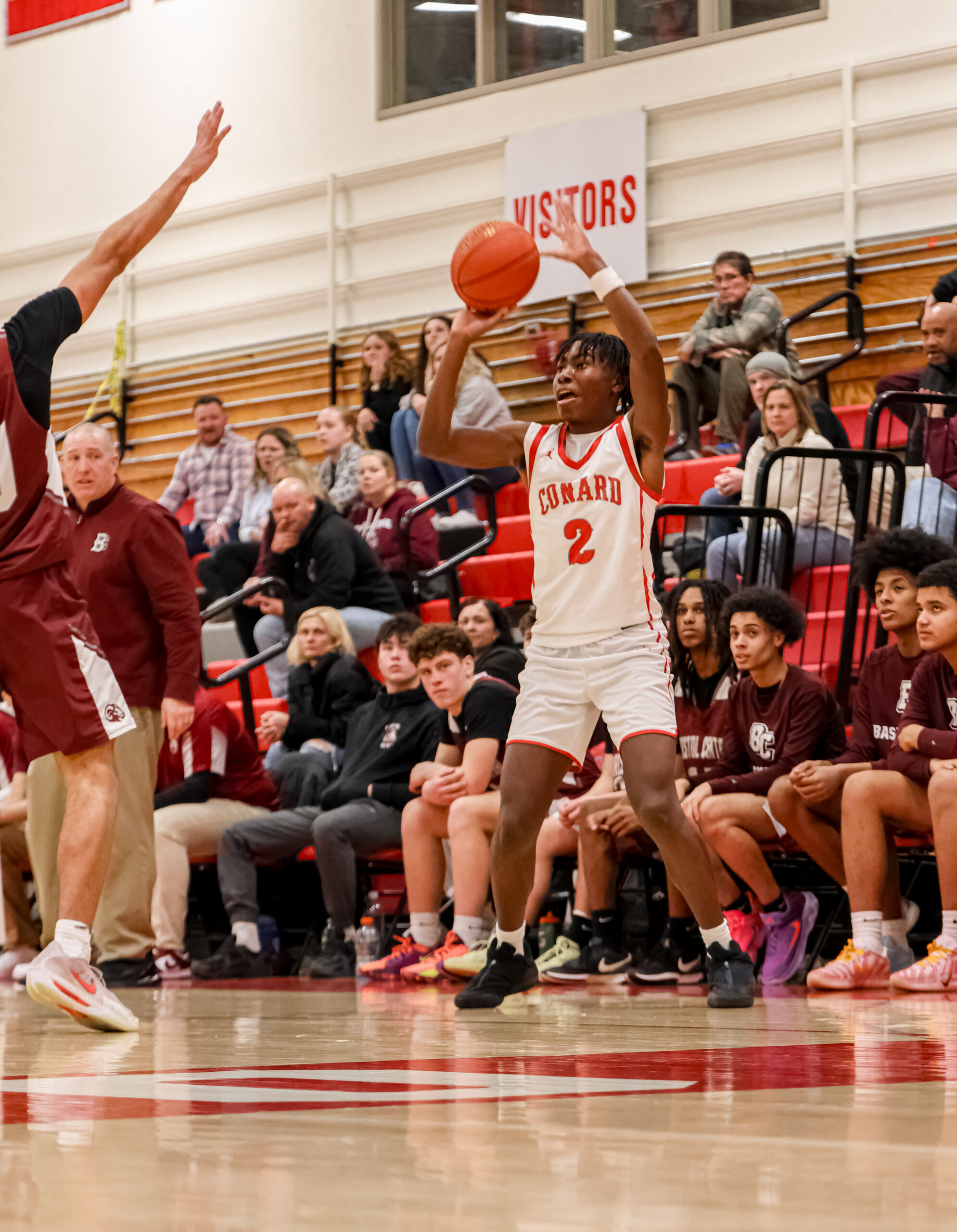Letter to the Editor: Why Republican Caucus Voted Against UConn Purchase

Audio By Carbonatix

We-Ha.com welcomes Letters to the Editor from the public. Please provide your name and town, as well as your phone number at the end of the letter. Phone numbers will not be published but are required in case verification is needed. Please submit letters to [email protected].
To the Editor:
On Tuesday April 25th, the Republican caucus voted no on the resolution to purchase the UConn property site for $1,000,000. While the sale to West Hartford has been widely reported, unless you watched the meeting, you may not be aware of why we voted no. We would like to explain our reasoning.
First, we did vote for the Town Manager to begin negotiations with UConn and for the Town to begin due diligence of the property when the opportunity first arose. The idea was worth exploring. During the due diligence process, we learned of the extent of the problems with the property, including the years of deferred maintenance by the State ($4.5 million in repairs needed), the costs of demolition (approximately $6 million), the presence of toxic polychlorinated biphenyls, or PCBs, and the need for a $4.75 million storm water improvement project. Annual maintenance alone of the existing site is over $300,000. During this time we were also presented with the Governor’s proposed budget suggesting a $14.5 million cut to West Hartford that created havoc with our budget.
Yes, $1 million does sound attractive for 58 acres in West Hartford, but that number does not tell the whole story. Given the new information and the uncertainties of our budget, we argued that the purchase did not make sense at this time for the following reasons:
The Town has ultimate control of the site through the zoning process. It is zoned residential with education a permitted use. The cost of the demolition and clean up make any residential development unprofitable given the limited number of building lots on the area which includes extensive wetlands. While UConn used scare tactics on its website stating they would sell the property for “any use”, any developer interested in the site would know they would have to work with the Town. If the project is unappealing to us, we can exercise our right of second refusal – which may be subject to legal interpretation, but would be something our attorneys have said we could fight in court for years, heading off any potential development we may determine to be negative for the town.
According to the Hartford Courant, DEEP is requiring additional testing of the air for further contamination. We thought it was prudent to see those results before making a decision. Lori Saliby, a DEEP supervising environmental analyst in charge of storage tanks and PCB enforcement said that based on soil samples at the campus, “it’s pretty clear that PCBs have migrated around the campus.” The Courant also said that in late March, DEEP contacted town officials and the health director about a significant environmental hazard at the campus.
The presence of PCBs, the potential for costly post-sale remediation, and a complicated profit claw back provision in the contract in the event that the town sells the property for a profit within 10 years confers risk to the Town without the potential for upside reward. Taking on the risk just so we can say we have greater control through ownership does not justify its purchase. It also adds additional expense to the Town in the form of expert real estate and environmental legal counsel.
We do not believe there is anything to be gained by inserting ourselves into the real estate development business. Blue Back Square was different; there were Town properties involved. A developer’s profit motive would ensure the speediest process which would then result in the project meeting the Town’s desire for a project that would combine open space and some form of residential development which would add to our tax base. Instead, we believe we will have the opposite – a commercial development with taxpayer money on the line as we maintain the property for what could be years. It will be a very time-consuming drain on the resources of the Town. Our Community Development team is already hard pressed to keep up with all the development in town, and has been working for over a year on a proposal alone to increase the floor area ratio in the Center Business District – a project this size could also require additional resources.
We see no harm in waiting until the State adopts its budget to pursue this and conversely, great financial risk if we pursue it without having all the required information about the site and finality regarding the State’s impact on our budget. We would also like to gather more input from local developers and explore ideas with our residents before making a decision.
We did not believe the other scare tactics voiced to be real threats: UConn will put a big ugly fence around the property (why would they attempt to destroy the value of a property they were trying to sell?) or, God forbid, someone might try to build a church there! (Very few religions are constructing new buildings in the area and this site with demolition costs would be prohibitively expensive).
So what did the purchase accomplish? The Hartford Business Journal summed it up nicely: “The arrangement lets UConn avoid the risk of long-term maintenance costs at the site after operations move to Hartford, and provides the ability to recoup a significant portion of the value with the 90 percent share of the resale price.”
We would suggest that the Democrat Majority Town Councilors that voted for this purchase were not good stewards of West Hartford taxpayer funds. But they did their friends at the State a favor by taking this white elephant (as it was referred to by Town Manager Ron Van Winkle) off their hands.
Denise Hall, Christopher Barnes, and Christopher Williams




Can someone explain why the property wasn’t sold to the Chinese school that wanted to pay upward of 10 million ? I am sure that they would have had no issue with fixing the building and cleaning up the land. So now Uconn and West Hartford made some form of nonsense / phony deal where neither side really wins. West Hartford is not in a position to spend the money to remedy the land. Uconn, a state run institution and funded by taxpayer dollars lost out on a 10 million dollar sale. Anybody want to know why CT is in the financial dumps???